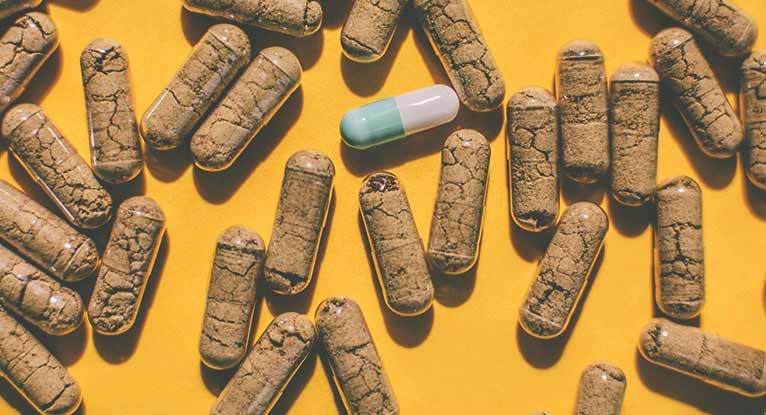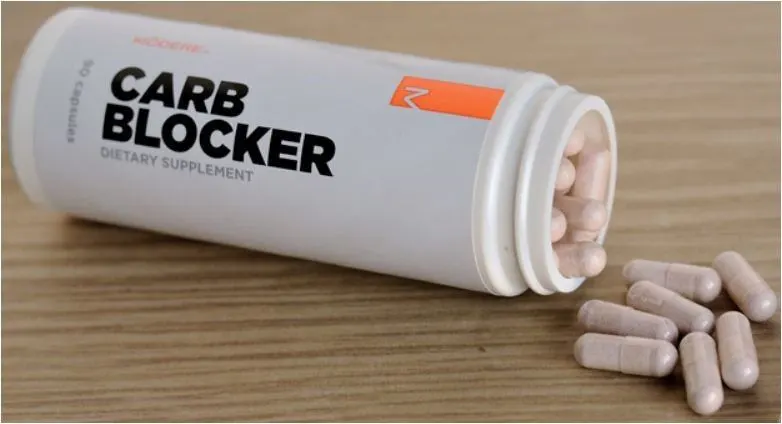Understanding Artificial Sweeteners
Types of Artificial Sweeteners
Artificial sweeteners, also known as non-nutritive sweeteners or high-intensity sweeteners, are synthetic substances that provide sweetness without contributing significant calories. Common examples include aspartame, sucralose, saccharin, acesulfame potassium (Ace-K), and neotame.
Intensity of Sweetness
Artificial sweeteners are several times sweeter than sucrose (table sugar), allowing for their use in smaller quantities to achieve the desired level of sweetness in foods and beverages.
Regulatory Approval
Artificial sweeteners undergo rigorous safety evaluations by regulatory agencies such as the U.S. Food and Drug Administration (FDA) and the European Food Safety Authority (EFSA) before being approved for use in food products.
Potential Benefits of Artificial Sweeteners
Calorie Reduction
Artificial sweeteners provide sweetness without contributing significant calories to foods and beverages, making them a popular choice for individuals seeking to reduce their calorie intake and manage their weight.
Blood Sugar Control
Unlike sugar, artificial sweeteners do not raise blood sugar levels and can be used as part of a balanced diet for individuals with diabetes or those monitoring their blood sugar levels.
Dental Health
Artificial sweeteners are not fermented by oral bacteria to the same extent as sugar, reducing the risk of tooth decay and cavities associated with sugar consumption. They are commonly used in sugar-free gum and dental products for this reason.
Flavor Enhancement
Artificial sweeteners can enhance the flavor of foods and beverages without adding extra calories, allowing for the creation of reduced-calorie or sugar-free versions of popular products.
Risks and Controversies
Potential Health Concerns
Despite regulatory approval, artificial sweeteners remain a topic of controversy, with some studies suggesting potential health risks such as metabolic disturbances, disruption of gut microbiota, and increased risk of obesity, metabolic syndrome, and cardiovascular disease.
Taste Preferences and Cravings
There is evidence to suggest that frequent consumption of artificial sweeteners may alter taste preferences and increase cravings for sweet foods, potentially leading to overconsumption and weight gain in some individuals.
Impact on Metabolism
Research on the metabolic effects of artificial sweeteners is mixed, with some studies suggesting that they may disrupt metabolic processes, interfere with appetite regulation, and contribute to insulin resistance and glucose intolerance in susceptible individuals.
Individual Variability
Responses to artificial sweeteners can vary widely among individuals, with factors such as genetics, gut microbiota composition, and overall dietary patterns influencing their metabolic and health effects.
FAQs about Artificial Sweeteners
Are artificial sweeteners safe to consume?
Artificial sweeteners are generally recognized as safe for consumption by regulatory agencies when consumed within acceptable daily intake levels. However, individual responses may vary, and some people may experience adverse effects.
Can artificial sweeteners cause cancer?
Studies investigating the link between artificial sweeteners and cancer have yielded mixed results. While some studies suggest a potential association with certain cancers, overall evidence is inconclusive, and more research is needed to establish causality.
Do artificial sweeteners affect weight loss efforts?
Artificial sweeteners may aid in weight loss by reducing calorie intake and sugar consumption. However, their impact on weight management can vary depending on individual factors, dietary habits, and overall lifestyle.
Can artificial sweeteners be used in cooking and baking?
Yes, many artificial sweeteners are heat-stable and can be used in cooking and baking. However, they may not provide the same texture and mouthfeel as sugar and may require adjustments to recipes.
Do artificial sweeteners contribute to gut health?
Some studies suggest that artificial sweeteners may disrupt gut microbiota composition and function, potentially affecting gut health and metabolic processes. However, more research is needed to fully understand their impact on gut health.
Are there any side effects of consuming artificial sweeteners?
Some individuals may experience side effects such as headaches, gastrointestinal discomfort, or allergic reactions when consuming artificial sweeteners. It’s essential to monitor your body’s response and consult with a healthcare professional if you have concerns.
Can artificial sweeteners be safely consumed during pregnancy and breastfeeding?
While artificial sweeteners are generally considered safe for consumption during pregnancy and breastfeeding when consumed in moderation, it’s advisable to consult with a healthcare provider for personalized guidance.
Conclusion
Artificial sweeteners offer a calorie-free alternative to sugar and can be found in a wide range of food and beverage products. While they may provide benefits such as calorie reduction, blood sugar control, and dental health benefits, they also pose potential risks and controversies. It’s essential to approach the consumption of artificial sweeteners with awareness, moderation, and consideration of individual factors. By staying informed, listening to your body, and making mindful choices, you can navigate the complex landscape of artificial sweeteners and make decisions that support your overall health and well-being.
- Comprehensive Evaluation Top CBD Oils Reviewed By Plus CBD oil - April 27, 2024
- Delta Delights: A Fun-Filled Guide to Just Delta’s Product Lineup - April 27, 2024
- 10 Surprising Benefits of Honeydew Melon - April 15, 2024




